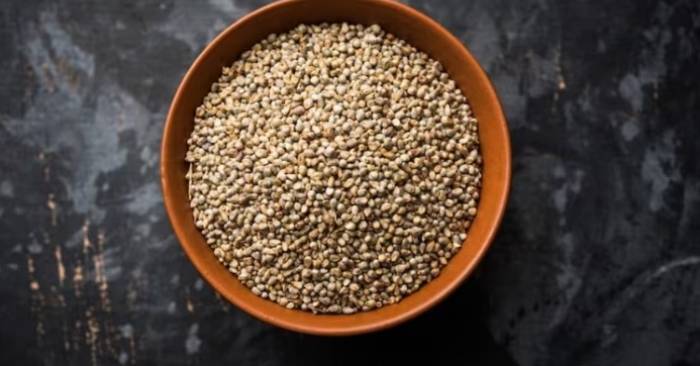Navigating the Millet Maze: A Comprehensive Guide to Adding Millets to Your Diet

In the limelight of 2023, millets emerged as nutritional powerhouses, celebrated for their rich heritage in Indian culinary traditions. These small-seeded grains, including pearl, finger, and foxtail millets, have gained recognition for their gluten-free nature, nutritional richness, and adaptability in various culinary applications. As the world embraces their diverse health benefits, it becomes crucial to navigate the nuanced aspects of incorporating millets into your diet.
Here are five essential considerations before embracing millets as a dietary staple:
Antinutrients: Millets, while nutrient-dense, contain antinutrients like phytic acid and tannins, which can impede the absorption of essential nutrients. Techniques such as soaking, sprouting, and boiling can help mitigate the impact of antinutrients, ensuring optimal nutrient absorption.
Thyroid Concerns: Some millet varieties harbor goitrogens, compounds that may influence thyroid function. While cooking can reduce goitrogenic properties, individuals with thyroid concerns should exercise caution. Prolonged cooking might affect the potential impact, emphasizing the need for a balanced approach.
Allergenic Potential: While generally safe, millets may trigger allergic reactions in some individuals, especially those with gluten allergies or sensitivities to lipid transfer proteins. Starting with small servings and monitoring reactions is advisable to prevent discomfort and adverse effects.
Digestive Challenges: Transitioning to millets from processed foods may lead to digestive challenges such as bloating or gas due to their slower digestion rate. Gradual introduction, coupled with proper hydration and thorough chewing, can ease the digestive adaptation to these high-fiber grains.
Contamination Risks: Despite being naturally gluten-free, individuals with gluten intolerance must be cautious about potential cross-contamination. Opting for certified gluten-free products and scrutinizing packaging details can minimize the risk of contamination, ensuring a safe dietary choice.
Incorporating millets into your diet, in moderation and with proper preparation techniques, can enhance nutritional intake while managing potential downsides. Consulting with healthcare professionals or nutritionists ensures personalized guidance aligned with individual health needs and concerns, making the millet journey a balanced and beneficial dietary choice.






